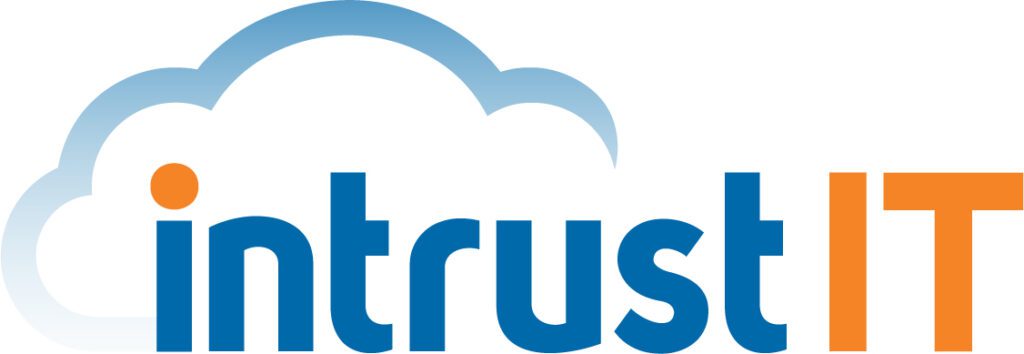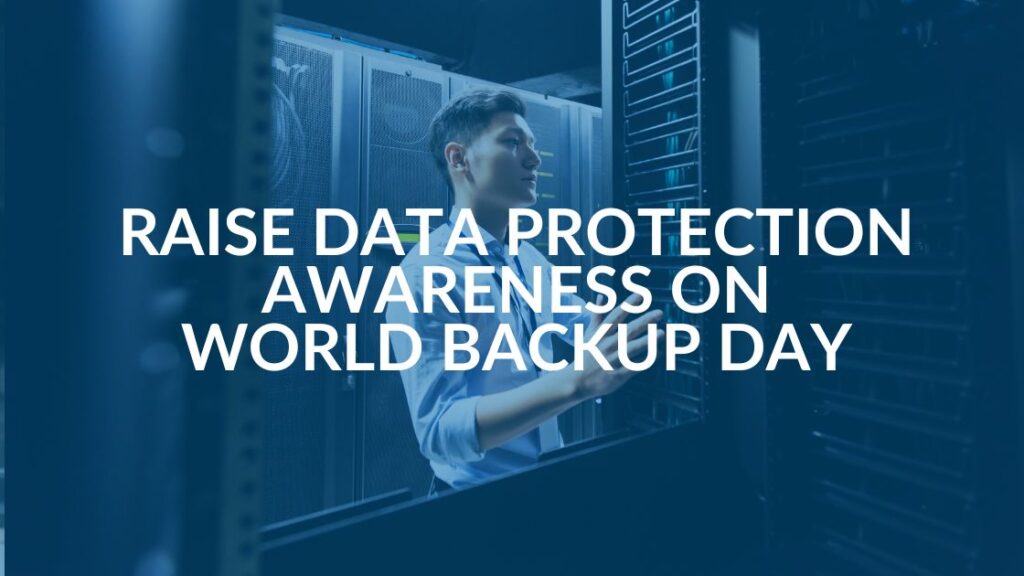What Is Cybersecurity? What Do You Need to Know?
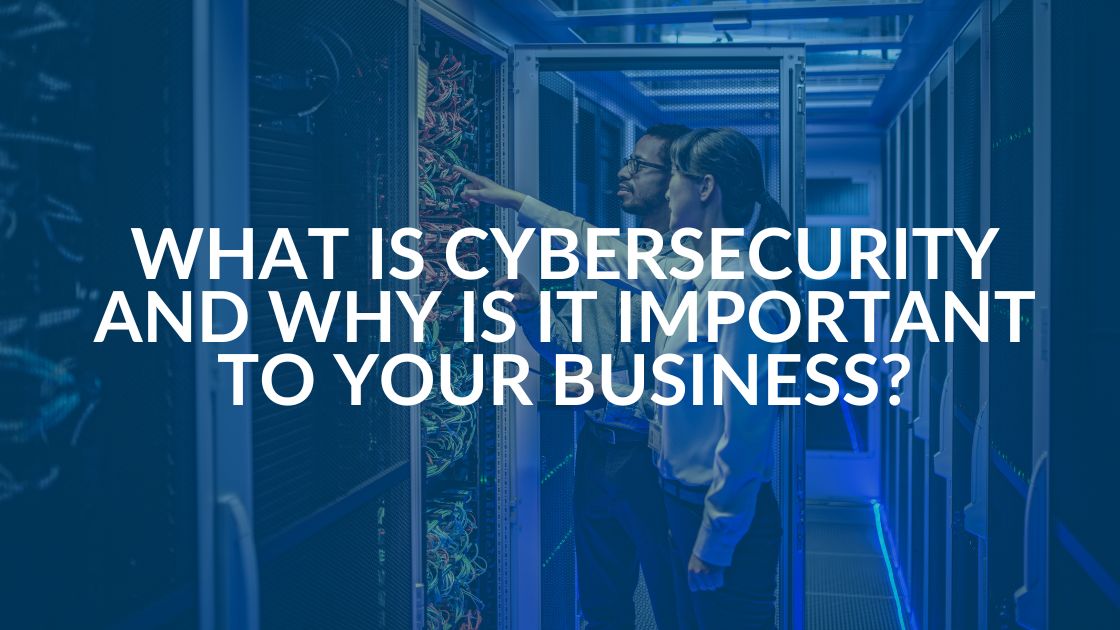
Our world is more connected to the internet than ever, meaning more and more of our personal data is online. Unfortunately, this personal identifiable information, or PII, is generally what cybercriminals are after. Cyberattacks and breaches can cost your business a staggering amount of money. In fact, the average data breach costs about $4.45 million dollars and that number is only expected to rise. The good news is that there are experts in cybersecurity who are able to keep your company safe. But, what is cybersecurity? What are the best practices and tools you can use to safeguard valuable assets? Let’s take a look at the basics.
What Is Cybersecurity?
Cybersecurity is the practice of safeguarding your system, networks and programs from digital attacks. It is important you have someone on your team, whether it’s a outsourced vendor or in-house resource, who is an expert in keeping your organization’s personal data safe.
Without the protection of leading-edge cybersecurity practices, cybercriminals can access your data, sell it on the dark web or completely delete it. A breach can destroy your business with costs piling up in the form of:
- Ransom demands.
- Loss of customer and shareholder trust.
- Legal fees or fines.
- Disruption in daily operations.
Clearly, it’s extremely important that your organization, regardless of size, implements cybersecurity protocols.
How Does Cybersecurity Work?
Unfortunately, nowadays just one form of cybersecurity technology isn’t enough. Your organization will need to have a layered approach, one with protection that spreads across networks, data and devices. It is important to combine people, processes and technology to create an effective defense.
Here is a look at how these resources can come together to boost your organization’s cybersecurity posture:
- People: Your employees are the first line of defense against cybercriminals. It is important to implement policies like strong passwords and training on common threats like phishing emails.
- Processes: Your organization will need to have a framework and plan in place to deal with attempted and successful cyberattacks. Cybercriminals are sneaky and may still be able to gain access, so it is important there is a plan in place if an incident occurs.
- Technology: You’ll need to ensure all endpoints (computers, cell phones, etc.), networks and the cloud are protected. Technology also plays a role in protecting your organization with tools like firewalls, anti-virus software, email security and DNS filtering.
What Is Cybersecurity Protecting You From?
There are many types and subtypes of cyberattacks and breaches, but there are a few common ones you need to know about. Phishing emails are designed to look like they are from a legitimate source. They create a sense of urgency to get the recipient to either download an attachment or click a link. This action either installs malware on a device or leads the victim to hand over bank information, Social Security numbers or other PII.
Another type of threat involves social engineering. These tactics trick victims into sharing sensitive information by using human interactions. This psychological tactic involves baiting, phishing and many other subtypes.
Ransomware doesn’t just happen in movies and TV. In this type of cyberattack, a criminal takes hold of your network and demands payment to release your network and sensitive data. Even if you pay or kick the criminal to the curb you may not get all of your data back. (That’s why data backup is so critical.)
Malware is software designed to gain unauthorized access to your computer or device. It can even be used to gain access to your keystrokes or see your sensitive information.
Essential Cybersecurity Technologies
Now that we’ve answered the “what is cybersecurity?” question, you need to know the technologies out there to protect your company. From firewalls to virtual private networks, the following are just some of what the cybersecurity technology field has to offer.
- Firewalls act as a barrier between internal networks and untrusted external networks. Your firewall works by monitoring traffic while applying rules that allow or block networks depending on protocols, destinations or sources.
- Virtual private networks (VPNs) encrypt and secure your connections when on a public network. They are commonly used in remote work environments where team members are not connected to the company’s network. This ensures that there is privacy and security because the VPN encrypts data that flows between the remote server and the endpoint device.
- Antivirus software is a great technology to utilize, but it works best when it is just one layer of a multilayered cybersecurity strategy. Antivirus software will scan and eliminate anything on your device that it deems is a virus. You can also get antimalware software that does the same for any malware that may have made its way onto your device.
Let Intrust IT Be Your Cybersecurity Guide
There are many more aspects to understanding the question “what is cybersecurity?” but the main takeaway is that remaining cyber-secure is extremely important in this day and age. To do that you need a trusted guide to set up the technologies you need and train your team to be a defense. Intrust IT’s team of IT and cybersecurity experts can make sure your company is secure.
Book a call with us to explore how we can keep your company safe and cyber-resilient.
Share this Blog
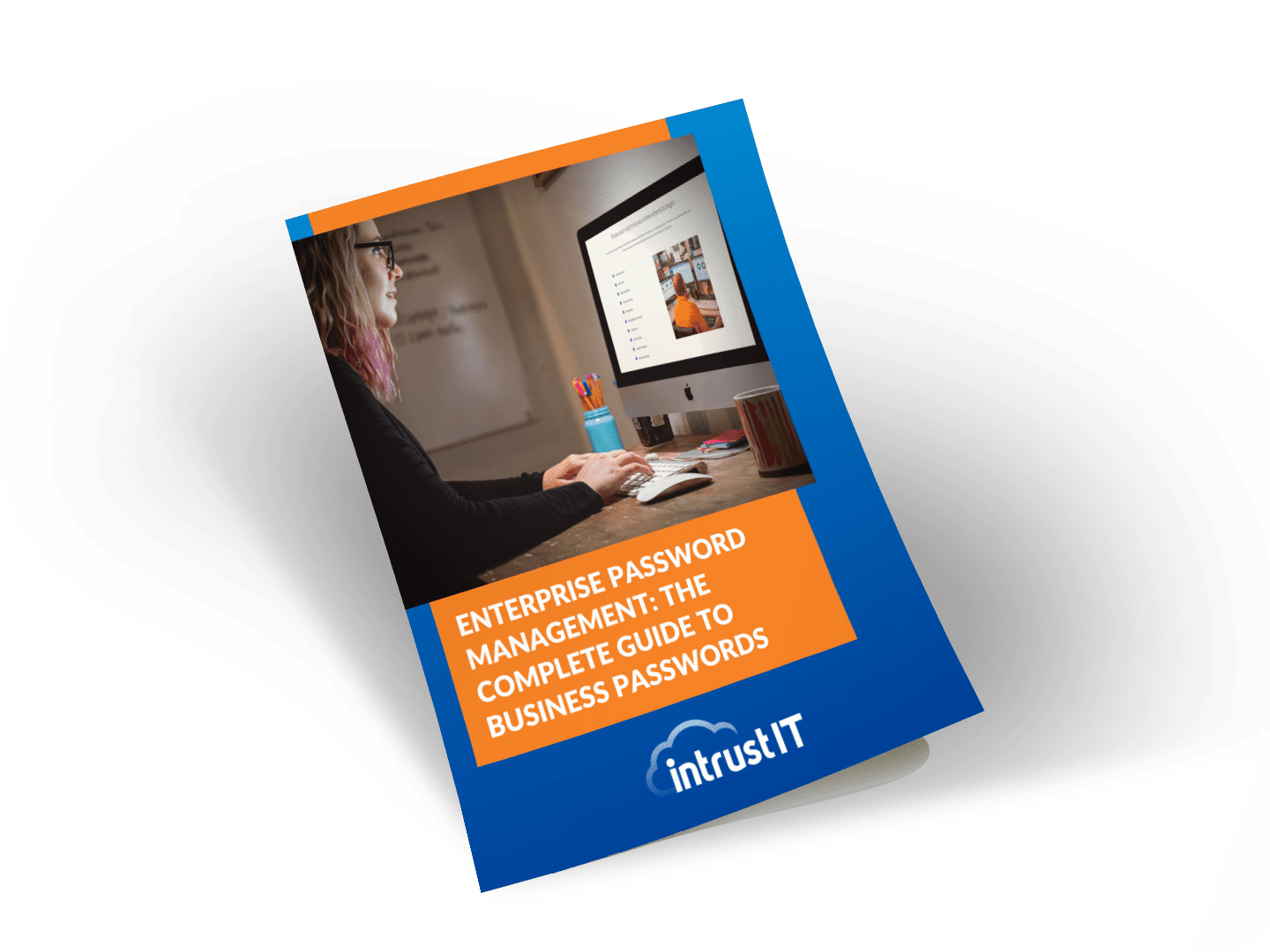
Is Your Name or Birthday a Part of Your Password?
If so, you’re a part of the 59 percent of people who don’t follow proper password hygiene. More than 70 percent of passwords are used for more than one system, meaning if cybercriminals crack one, they can access a lot more accounts.
Our free Enterprise Password Management Guide will give you the best password hygiene practices to help you secure your computer and your business.
Download the Guide
Explore the Latest Trends in IT

Microsoft 365 and Google Workspace: The Importance of Backing Up Your Cloud-Based Applications
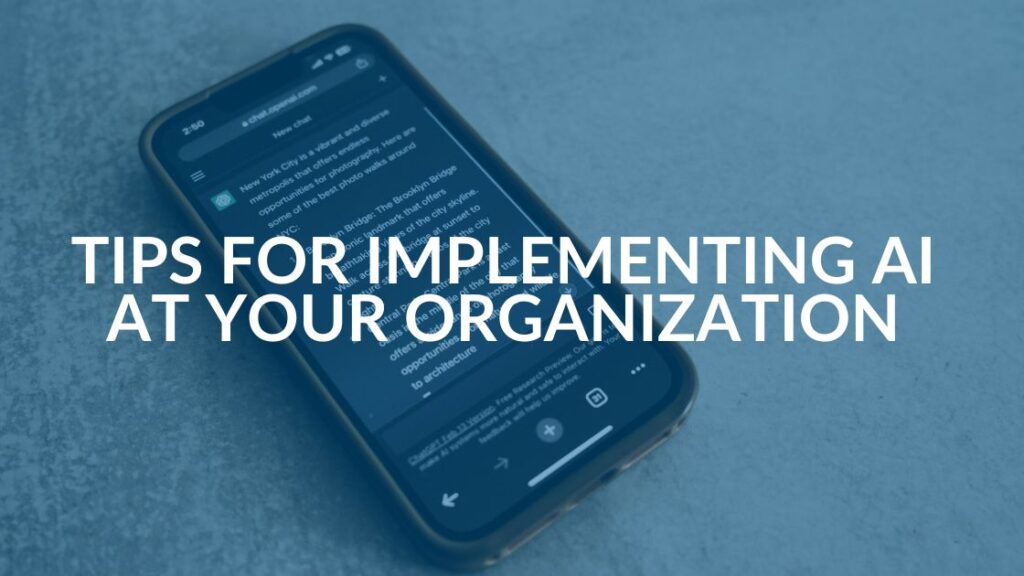
AI Guiding Principles

Edge vs Chrome Security: Which Is the Best Browser for Your Business?


